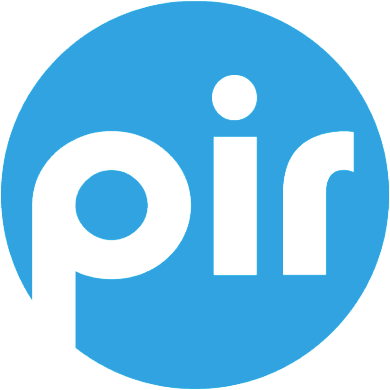by Paul Diaz, Vice President Policy, Public Interest Registry
After months of researching, evaluating, writing, and submitting your grant proposal, you get the news: you got the grant! You have a new source of support to make the world better in the way only your .ORG can. Now it’s time to get focused. Because even though you put in a lot of time and effort to get here, this is when the real work begins. Here is the .ORG Learning Center’s guide for what is the last—and in many ways, most important—step in the grant process: managing your new grant!
- Build the Bond
Once you get the grant, you’re officially in a relationship with your grantor, one that is important to nurture. It makes sense to say thank you in a heartfelt way. A well-written note (email, or, preferably, hand-written) or personal phone call to the grantor will show them how grateful you are. Be sure to also let them know your plan to put their funds to good work. According to this piece by Funding for Good, “As a steward of grant dollars, you can continue to build trust and strengthen the relationship with donors by demonstrating that you value their time and resources.” This kind of open and collegial dialogue is important not only now but for your future relationship with the grant making organization. And another way to show your appreciation, is to…
- Get Organized and Stay That Way
“What you do after you get a grant is incredibly important. The planning and setup you do right away is the difference between an easy grant management process and one that is stressful and chaotic,” according to this article on the DonationXchange blog. “Put [report dates] on your calendar and make sure you don’t lose track of them—missing a deadline can severely damage your record with a funder.” To stay in good stead with your funder, remember…
- Don’t Take Guidelines for Granted
All grants have guidelines—make sure to follow them precisely. Requirements for your grant may arrive in a letter or email from the grantor, or be posted online. According to Funding for Good, “Regardless of the format, award guidelines should confirm:
a. The specific award amount
b. Budget conditions (If a proposal is partially funded, a donor might specify which budget line items the grant dollars are approved to cover.)
c. Reporting requirements
d. Grant acknowledgement terms”
If you’re following a grant’s specifications closely, you should have a strong understanding of what’s expected of you, especially if there are periodic milestones you need to hit throughout a grant’s duration. Further, you’ll be in a better position to address unexpected events that may arise with the grantor that could adjust or delay the deliverable timeline schedule. Sometimes, that’s unavoidable, and should it happen, remember to…
- Manage Issues Proactively
“Even the best developed project plans can be significantly altered due to leadership or staff turnover, fluctuations in the economy, and variations during implementation, among many other factors,” according to this piece by Grant Professionals. “Addressing any change that impacts how you spend grant funding will go well beyond communicating with the grant maker. It will require engaging your internal grant team, including program and financial staff, leadership, and potentially the Board, as well as external collaborators.” ProposalsforNGOs even offers a convenient draft template letter for grantees seeking an extension for their projects.
Be sure to communicate any project modifications to the grantor as soon as possible. Grant Professionals explains that, “By engaging early and thoughtfully, you may be able to utilize your grant funds in a different way that will still meet your stated goals.”
Now you’re ready to use your new resources to change the world! And be sure to document your progress for future grant applications, as well as share your accomplishments on your social media channels. “Start collecting materials that will help you show the impact of the grant, including photos, videos, testimonials, case studies, copies of presentations, survey results, etc.,” says Global Giving. At PIR, we can’t wait to see what you do with your .ORG!

